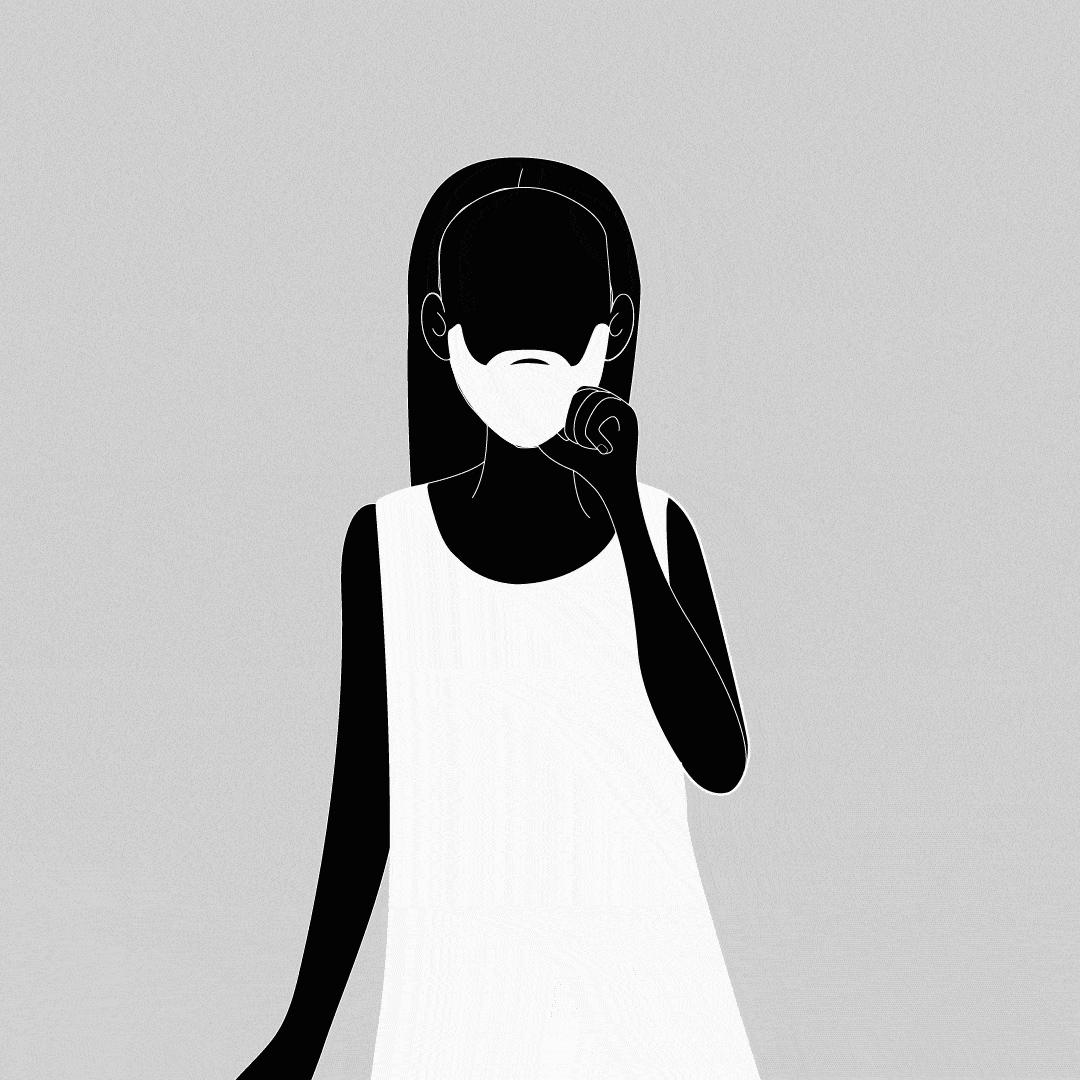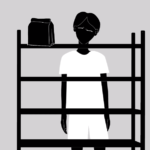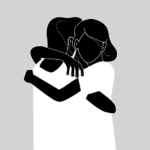DIFFERENCE BETWEEN SEX AND GENDER
Can people have a different gender with their biological sex? Are there only two types of gender? What is the relationship between our body and our gender – if there is one?
Illustration: Argjira Kukaj

The word sex and gender are often used synonymously, but they do not have the same meaning. They are not equivalent. However, for various reasons one of them is also the language issue, these two words were used interchangeably in our society. So often sex and gender are confused with each other, and this sometimes also stems as a tendency to translate the word sex as gender. Trying to avoid the use of the word sex from the fear of being misunderstood, many people use the word gender even when referring only to biological characteristics.
Aspects of sex do not vary from society to society, while gender aspects can vary quite a bit.
This is because sex implies the biological and physiological characteristics that define men and women while gender is the social combination of identity, expression, and social elements related to masculinity and femininity. Includes gender identity (self-identification), gender expression (self-expression), social gender (social expectations), gender roles (socialized actions), and gender attribution (social perception). Although we must emphasize that this issue is not as simple as it seems, considering the fact that not all individuals are clearly classified as ‘male’ or ‘female’ even on the strict biological grounds mentioned here. Male and female genitals, internal and external are different. Similarly, the levels and types of hormones present in male and female bodies are different. Genetic factors are what define an individual’s sex. But although the male / female divide is often seen as binary, this is not entirely true. In some cases, a baby is born with a mixture between the female and male genitals. These people are called intersex. Therefore, sex can not be considered as two reciprocal, exclusive, separate categories but it is a continuum.
Can people have a different gender with their biological sex? Are there only two types of gender? What is the relationship between our body and our gender – if there is one?
Gender is a broad spectrum, despite the fact that gender is also considered a specific category. Through gender is attempted to show the social and cultural role of each sex, and this varies in different forms from society to society. Most people develop their gender roles in response to the environment in which they live, including family interactions, peer interactions, media influence, and education. This then also influences the creation of gender stereotypes. The dichotomous view of gender is specific to many settlement cultures, but it is not universal. In some cultures gender is accepted as fluid. This however does not apply in Kosovo (so far). In the Law on Gender Equality, sex and gender in our country are considered binary. Linguistically, the terms male and female are used to describe gender. Even in the dictionary of the Albanian language the word woman is used to define a female person, who is older, is married or has children. While the word female to us is seen as a comprehensive term for women and girls, regardless of age, therefore, is used more.
In many languages, there is no equivalent division between sex and gender. This constant change from one term to another may be indicative of some of the confusion involved in discussing gender in our societies. However, in the Albanian language there are both words and their meanings are quite clearly defined. The word sex and gender mean two different things. We generally determine the sex of a newborn as male or female based on the baby’s genitals. After determining sex we only presuppose gender. However, although sex can start with sex scheduling it does not end there. Someone who was born a woman does not necessarily decide to live as a woman. Same applies to men. Someone born male can decide to live as a woman, and vice versa. The word transgender is an umbrella term which refers to persons whose gender identity is different from the sex assigned to them at birth. Transgender people have the right to choose their gender identity and should not be forced to live with bodies or identities with which they do not feel comfortable, even though this has been and continues to be quite challenging in our country.
Restricting the use of sex instead of gender, therefore, may limit individuals in how they can express and live their aspirations. For individuals who do not want to be identified as men or women in English there are for example neutral pronouns like They / Them, which are used in such cases. While in the Albanian language we still do not have such neutral terms. It is therefore very important to review and meet the language standards to accommodate the various expressions that reflect inclusiveness. It is very important to be careful with the use of the right words. Especially in the case of the word sex and gender, because this then causes confusion in the use of the word female / male and women/men. As we said before, the word female / male defines biological traits. On the other hand the terms woman and man were used only for the human species, thus placing emphasis on the social and cultural side of gender.
“One is not born, but rather becomes, a woman.” Today we should not talk about the emancipation of females, that this is not logical at first, that biological sex is not emancipated or developed, but about the emancipation of women and their role in our society. And treating all people equally should be important to each of us, after all we are all social constructors, and the only differences are biological ones.
Although a word may seem not so important, in this case they play a very important role in the development of our ideals for gender equality and beyond. Well, exactly gender equality. No one demands biological equality as such a thing would be illogical and unattainable. But we can demand social equality. We can start by separating these two concepts. To understand them, to treat people first as human beings and according to the gender / social identity they choose for themselves.
About the author: Edona Shala, 21 years old from Peja, has completed her studies in sociology.
This grant is supported by the ‘Civil Society programme for Albania and Kosovo’, financed by the Norwegian Ministry of Foreign Affairs and managed by Kosovar Civil Society Foundation (KCSF) in partnership with Partners Albania for Change and Development (PA). The content and recommendations do not represent the official position of the Norwegian Ministry of Foreign Affairs and Kosovar Civil Society Foundation (KCSF).


